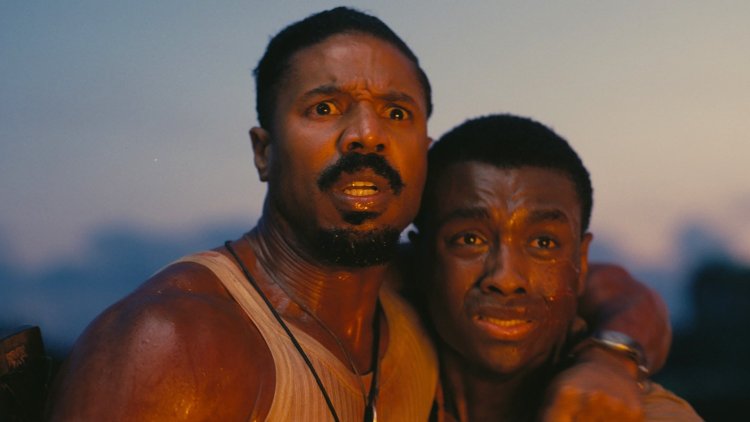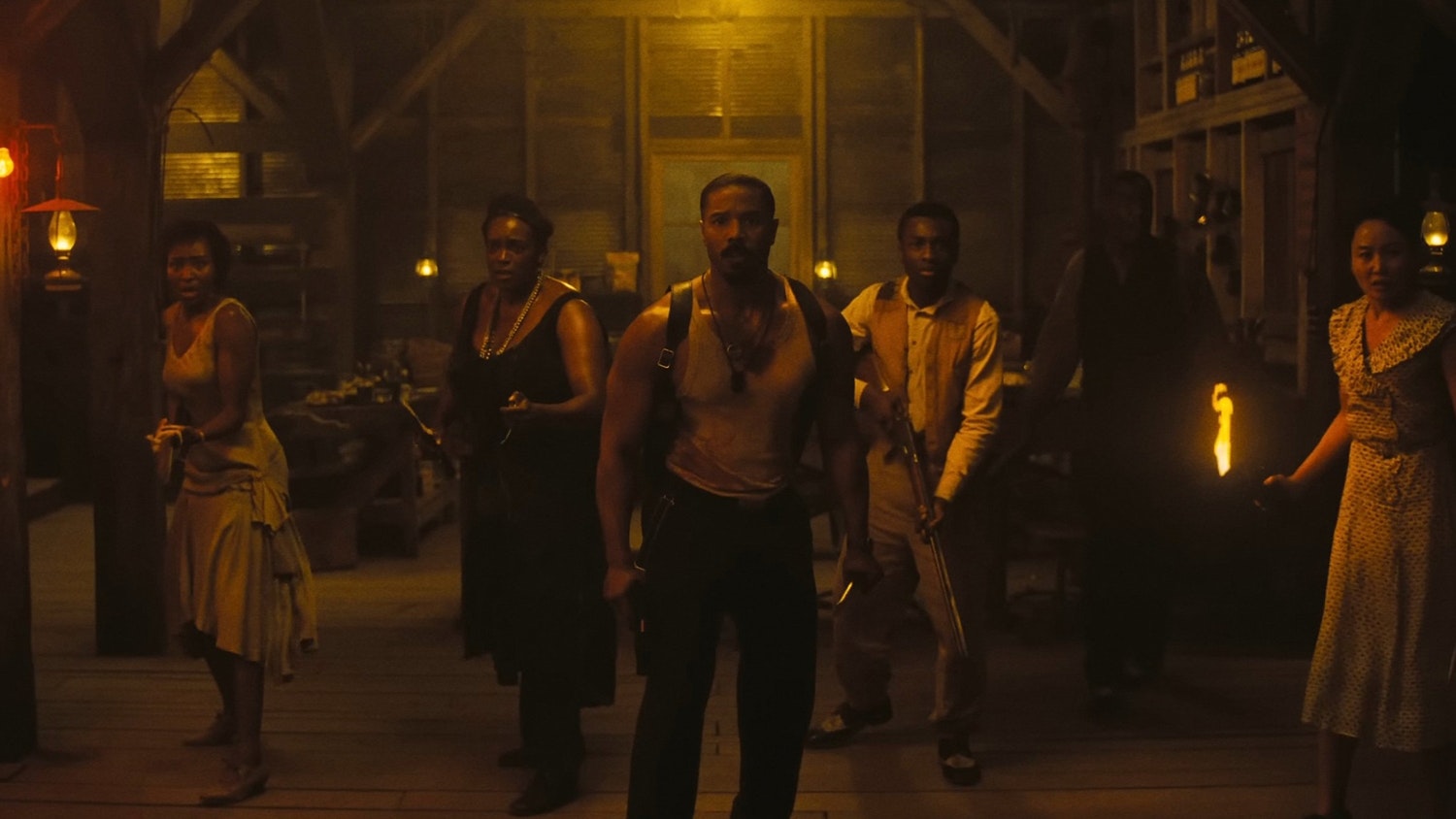Sinners
We’ve seen vampires as a metaphor for sin, sex and even Mormonism. Now Ryan...

We’ve seen vampires as a metaphor for sin, sex and even Mormonism. Now Ryan Coogler bring us vampires as colonialists, forever lustful for the divine spark in others. The result is very close to a Deep South vampire musical, and if that sounds weird, you ain’t seen nothing yet.

Michael B. Jordan plays twin brothers Smoke and Stack, who have returned after years of soldiering and running with gangsters to run a juke joint. They swagger around, stirring up excitement for their grand opening, but in quiet moments betray the watchful intensity of men who have killed before and who will again if needs be. Their cousin ‘Preacher Boy’ Sammie (newcomer Miles Caton), barely out of his teens but already an astonishingly gifted bluesman, joins them. With Smoke’s ex Annie (Wunmi Mosaku), a cook and voodoo priestess helpfully well-versed in supernatural lore; Stack’s ex Mary (Hailee Steinfeld), still mourning their break-up; and musician Delta Slim (Delroy Lindo), everything is in place. Then the vampires, led by Jack O’Connell’s approximately Irish Remmick, arrive, and it all goes straight to hell. Aside from dancing a jig — surely a vampire first — Remmick is not particularly compelling, perhaps because attempts to humanise him as another victim of colonialism and forced religion don’t really work when he’s now attempting the same appropriation.
A wildly original, defiantly weird and gorgeously made film.
Aside from a brief flash-forward opening, Coogler takes his time to get to the blood-letting, with a sun-drenched first hour paced like prestige HBO drama. The world-building is Coogler’s point: the long shadow of slavery; the inequalities of a South where people still talk about living on plantations and where they’re still paid in plantation scrip instead of real money. Chain gangs work alongside the road; most people are up at dawn to pick cotton; the man who sells the twins their venue is a rumoured Klansman.
Music, however, offers an escape from all this. It’s a refuge, and a connection to past and future, as Coogler demonstrates in a weird and wonderful moment near the halfway point. But as with anything in this unequal society, those who are musically or metaphysically gifted risk being cut down to size by monstrous predation. Coogler uses extraordinary tools to communicate this: as well as Ludwig Göransson’s blues-drenched score, he sometimes plays the soundtrack of (often traumatic) stories that characters are narrating, without showing any flashbacks or matching images. The mismatch is jarring, but effective.
It's a lot to chew on – literally, in the end – and some characters feel underserved by the time we reach the final rush of blood, teeth and fire. Then again, such a wildly original, defiantly weird and gorgeously made film can hardly be expected to follow a rulebook.
What's Your Reaction?























